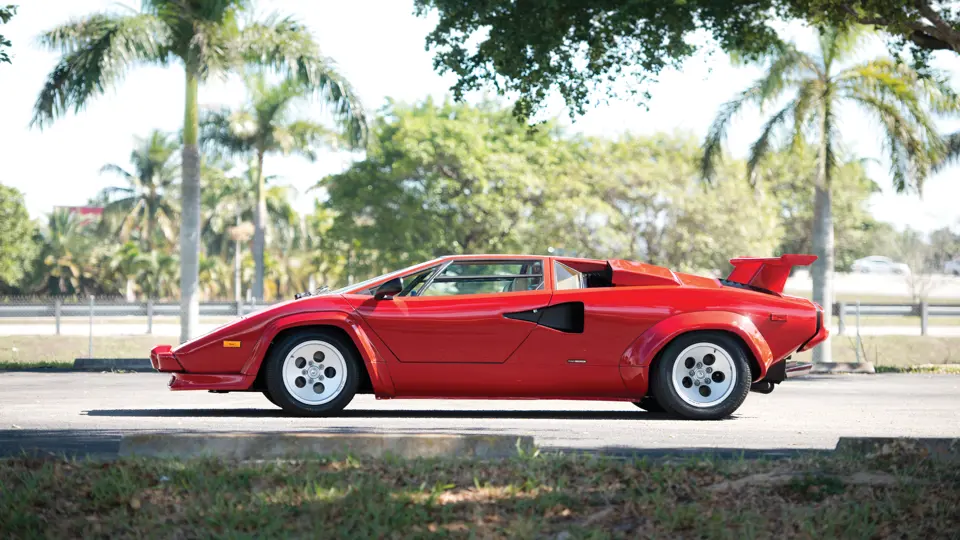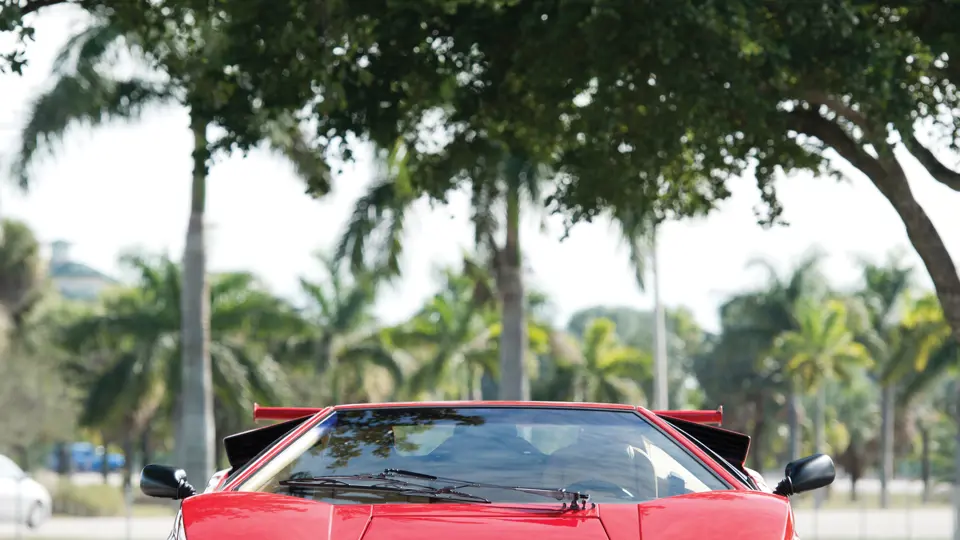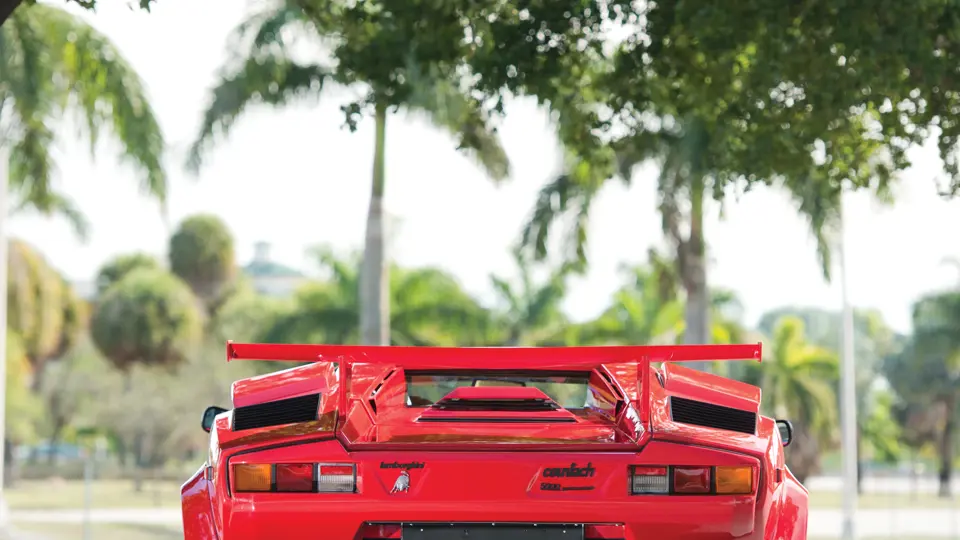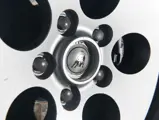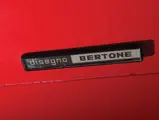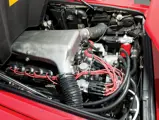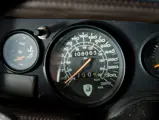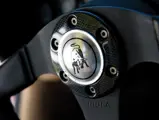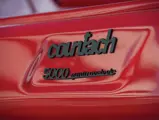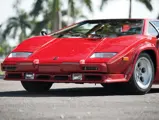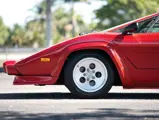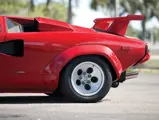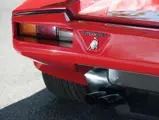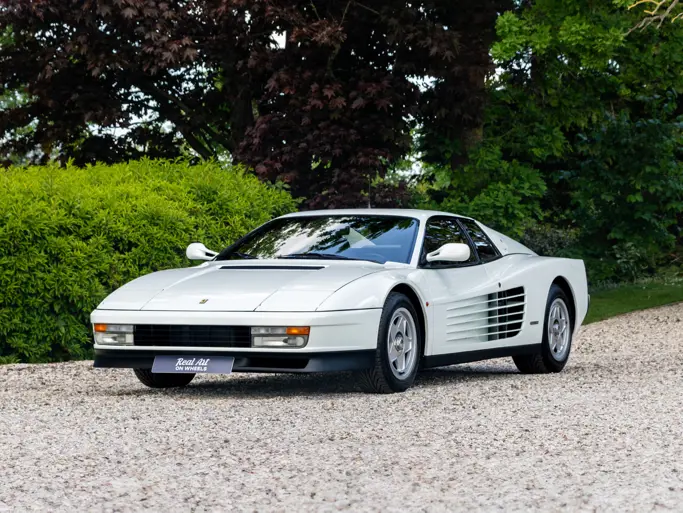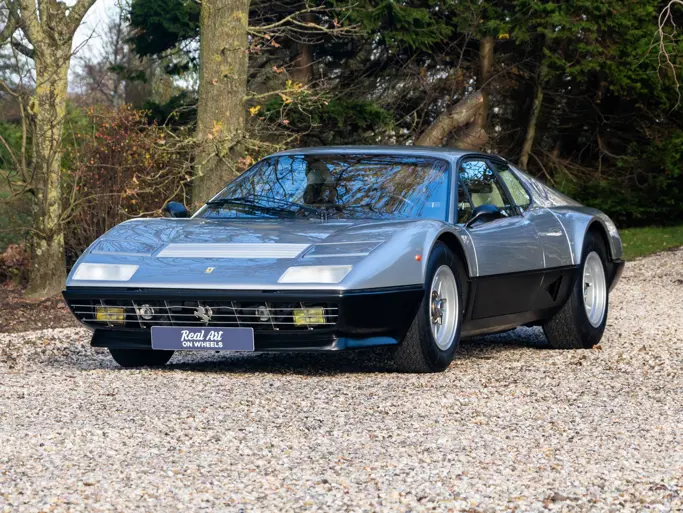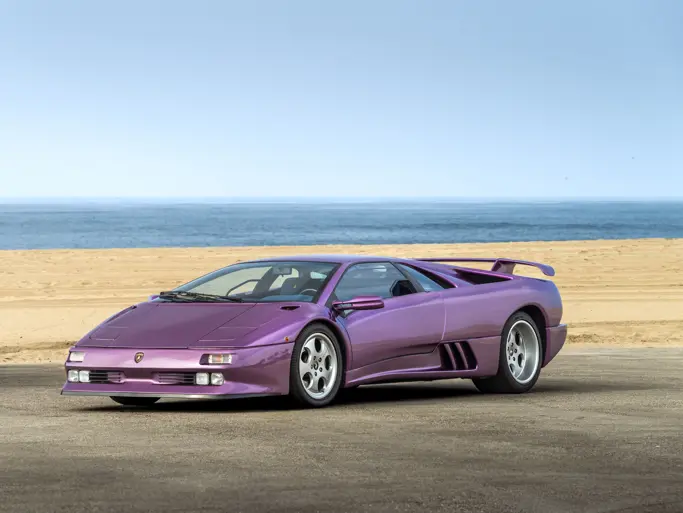455 bhp, 5,167 cc DOHC V-12 engine with six downdraft Weber carburetors, five-speed manual transmission, front and rear independent suspension with coil springs and telescopic shock absorbers, and four-wheel ventilated disc brakes. Wheelbase: 96.5 in
Upon its introduction at the Geneva Auto Show in 1971, Lamborghini’s Countach simply stunned the crowd, just like its predecessor, the Miura, had five years earlier. While it looked outrageous on the stand at Geneva, the Countach was simply otherworldly on the open road. Most cars at the time were being built based on the phrase of form follows function, and the Countach turned that saying on its head. There was nothing available for purchase at the time like it. Standing just over 40 inches tall, there was no mistaking a Countach for any other vehicle.
Marcello Gandini’s brilliant design predicated the angular style typical of the 1980s nearly 10 years in advance. Upwards-hinging “scissor doors” proved a magnetic attraction, and they were only the cherry on top of an ice cream sundae of outrageous design. Not only was the Countach on the wish list of some of the world’s wealthiest individuals looking to stand out from the crowd, but the Countach also found its way into the hearts of an entire generation, and it was often hard to find a bedroom of a boy growing up in the 1980s without a poster of a Countach on the wall. Even though the design seemingly evolved constantly over the car’s 16-year lifespan, adding vents to aid engine cooling, fender flares for wider tires, and safety bumpers for the American market, the Countach was always just as desirable as it was the day the cover was lifted off the original at Geneva in 1971.
The third iteration of the Countach debuted at the Geneva Auto Show in March 1985, with its major change being the addition of four valve heads to the already potent V-12 engine. It was dubbed the Quattrovalvole, or QV for short. Its engine displacement was increased to 5,167 cubic centimeters, and the compression ratio was increased to 9.5:1. As a result, horsepower increased to 455 brake horsepower at 7,000 rpm in European-carbureted specification, which now featured downdraft rather than side-draft carburetors. The only cosmetic styling change was to the rocker panels, where vents were added to extract air for the rear brakes.
While most of the 610 Countach 5000 Quattrovalvole models imported into the United States from 1985 to 1988 were outfitted with a Bosch Electronic fuel-injection system, only 13 models fitted with downdraft carburetors arrived at U.S. ports before the EPA and DOT banned Lamborghini from importing them. This 1986 model is one such carbureted example.
This Countach was sold new in the state of New Jersey, and it has had only two owners since new. It has accumulated less than 9,000 kilometers over roads in New Jersey and Florida, where the owner moved with the car in the early 1990s. This Countach, fresh from a recent full restoration, was brought back to as-new condition both mechanically and cosmetically, and it features a repaint in red and a new beige leather interior, which was its original color combination. This Countach sports a brand-new clutch, which was installed after a complete engine servicing, and it is just as prepared for spirited driving as it is for a concours lawn. Accompanying the car are titles from both New Jersey and Florida, as well as receipts from the recent restoration.
There is nothing more eye catching than a bright red Lamborghini Countach, and no collection of Italian supercars should be without one, as it embodies the best of 1980s performance and glamor all wrapped into a single, exciting package. Many consider the QV to be the most desirable Countach model, and as one of thirteen carbureted models imported to the U.S., this example is simply the crème de la crème.




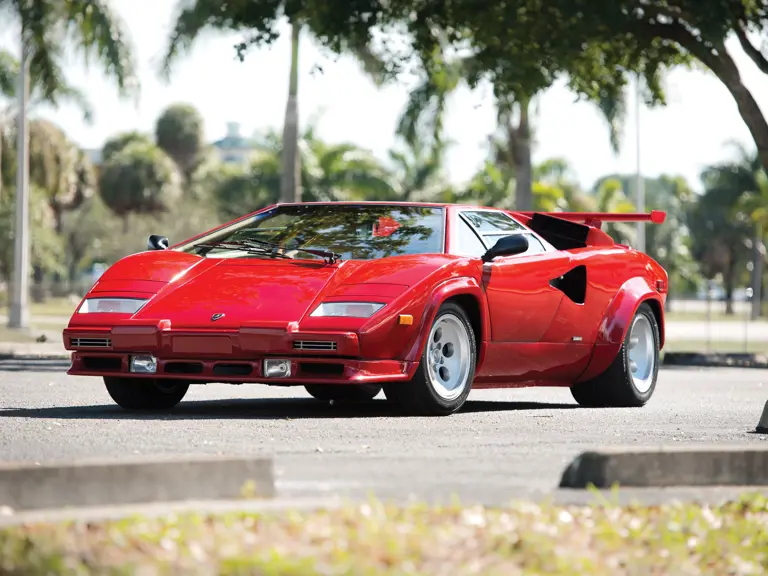
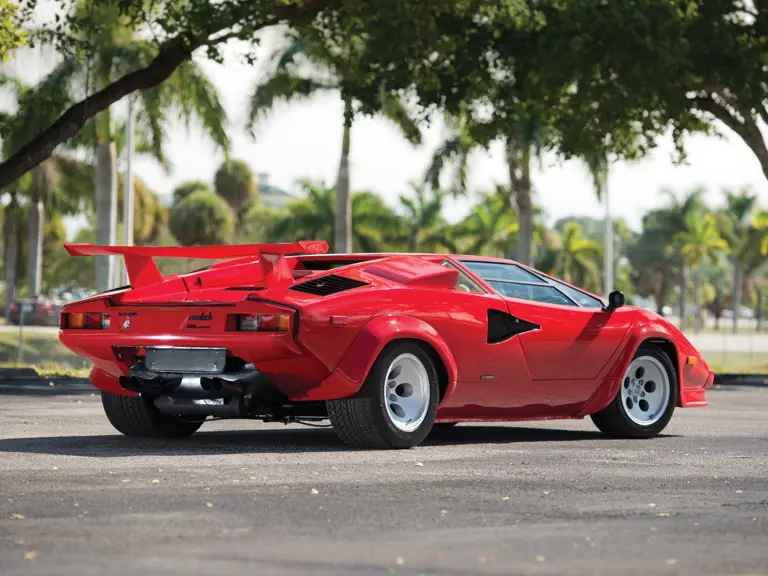
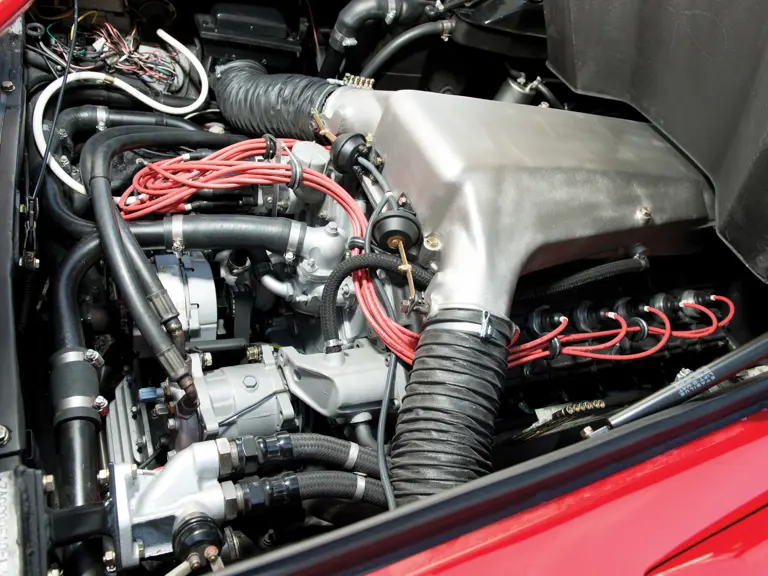
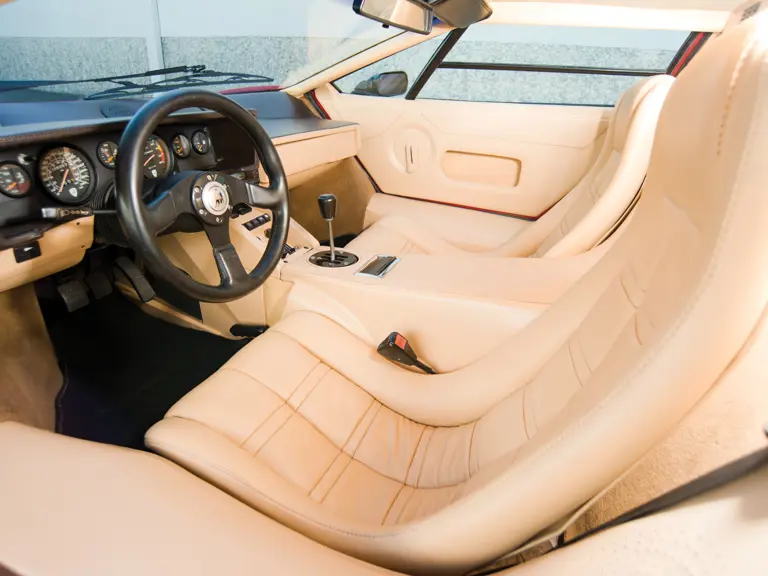
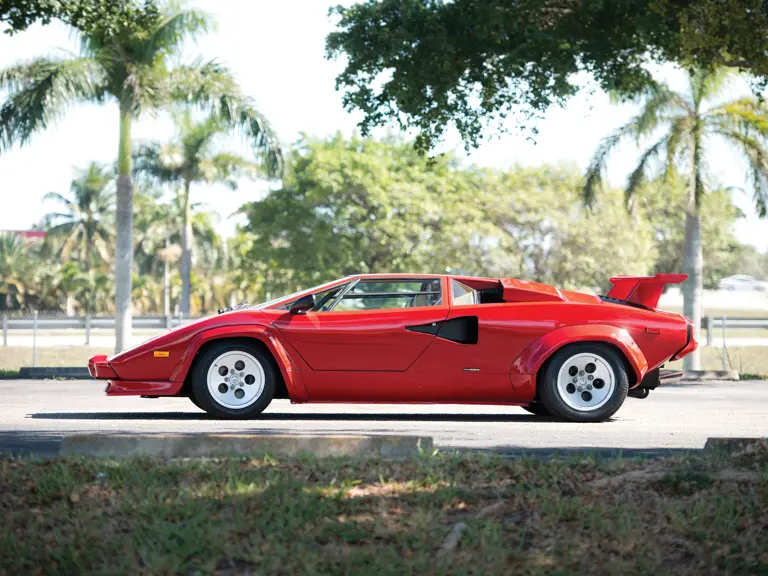
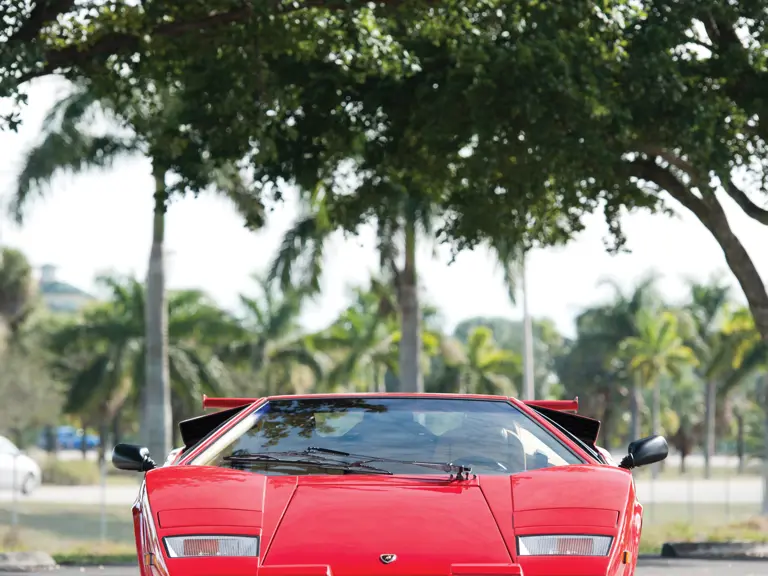

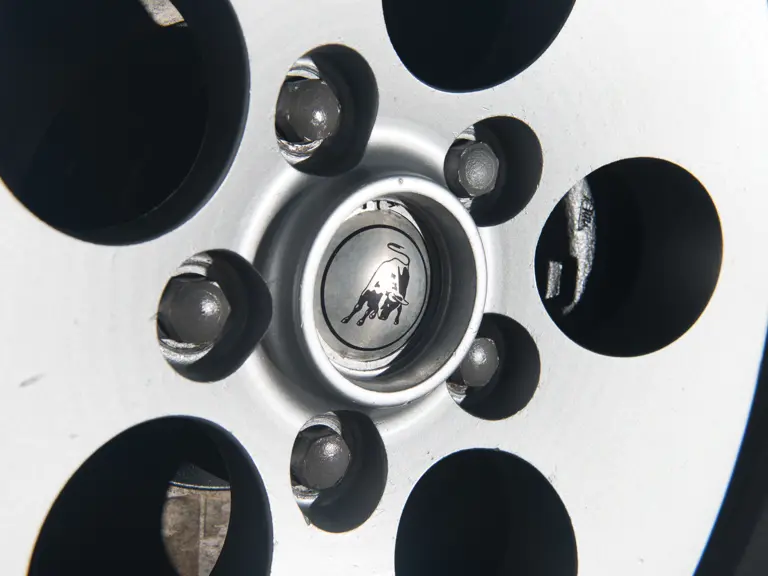
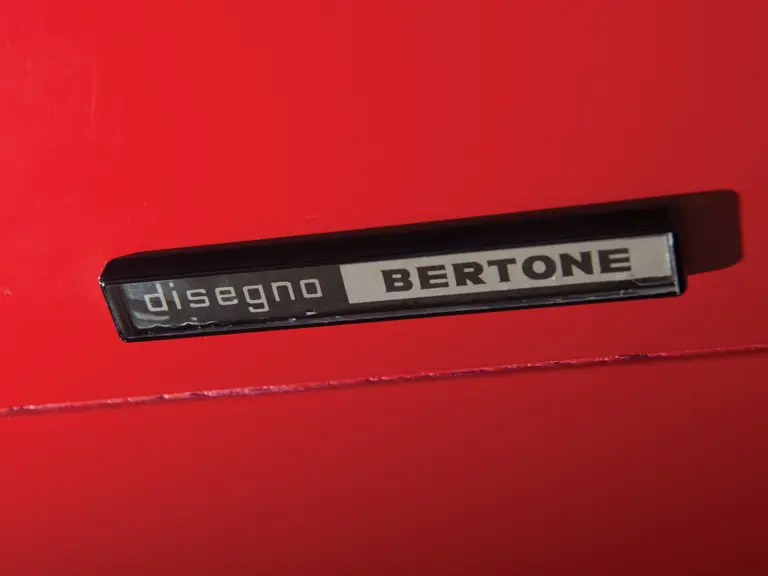
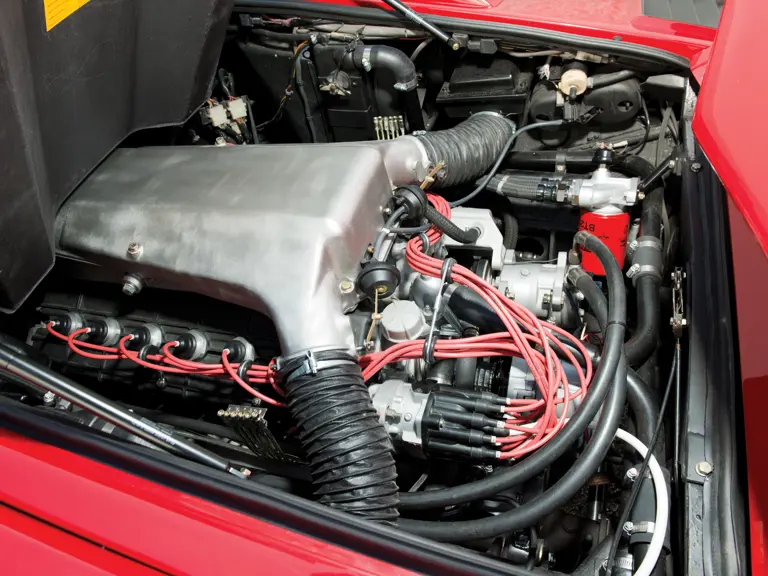
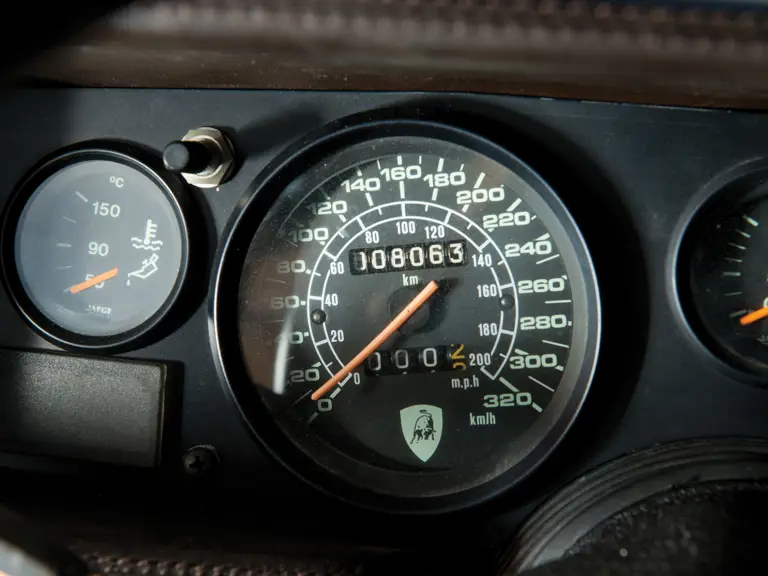
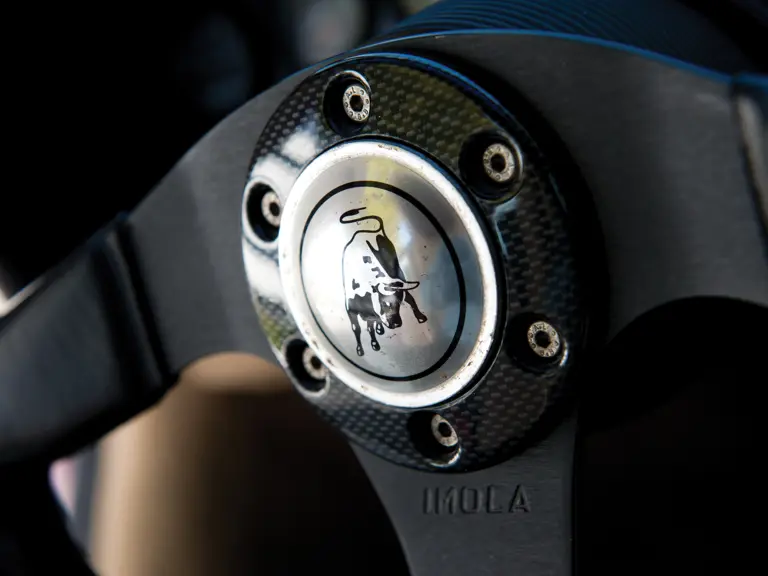
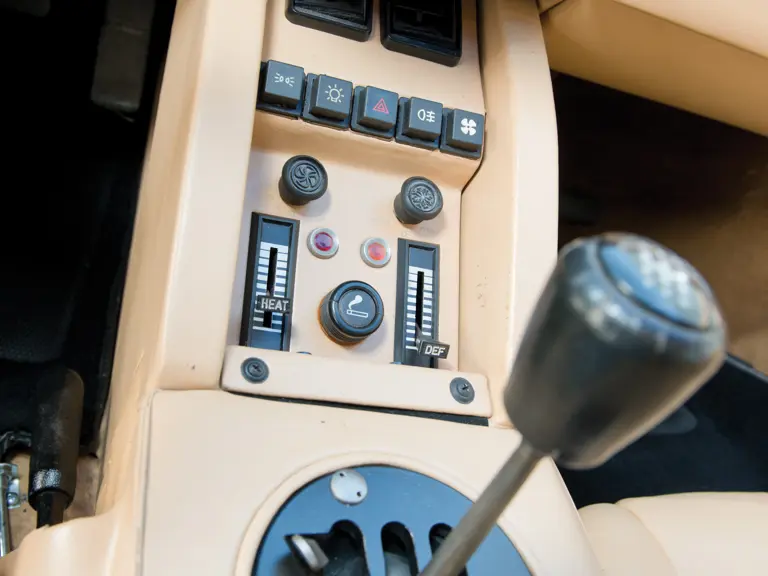
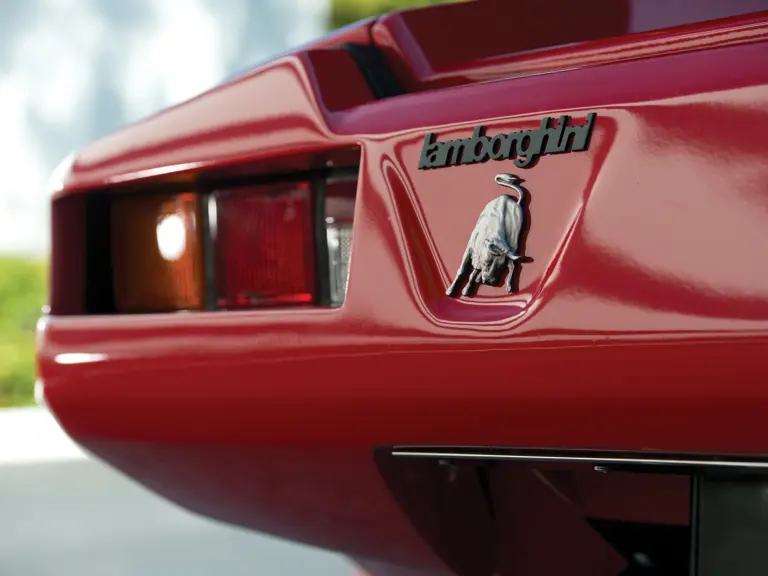
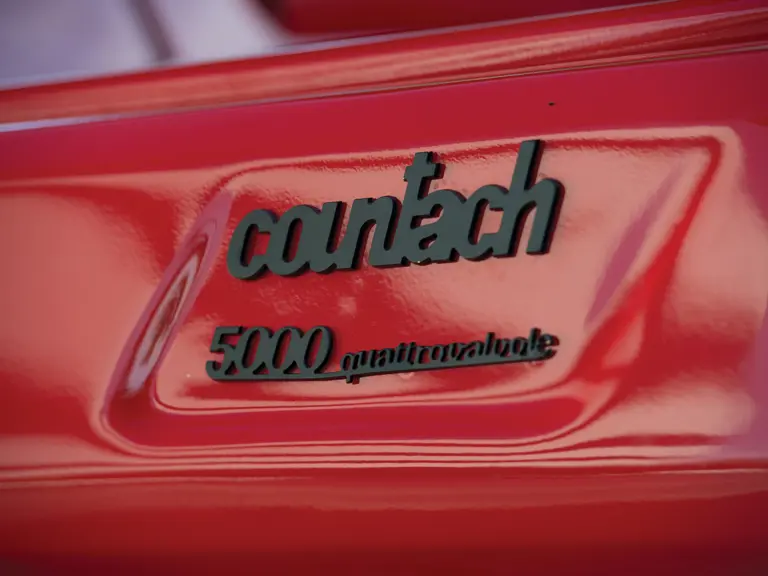
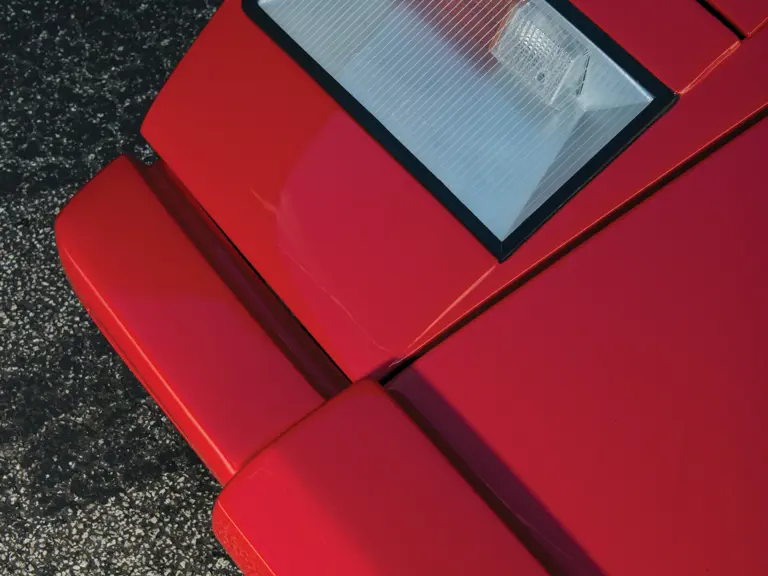
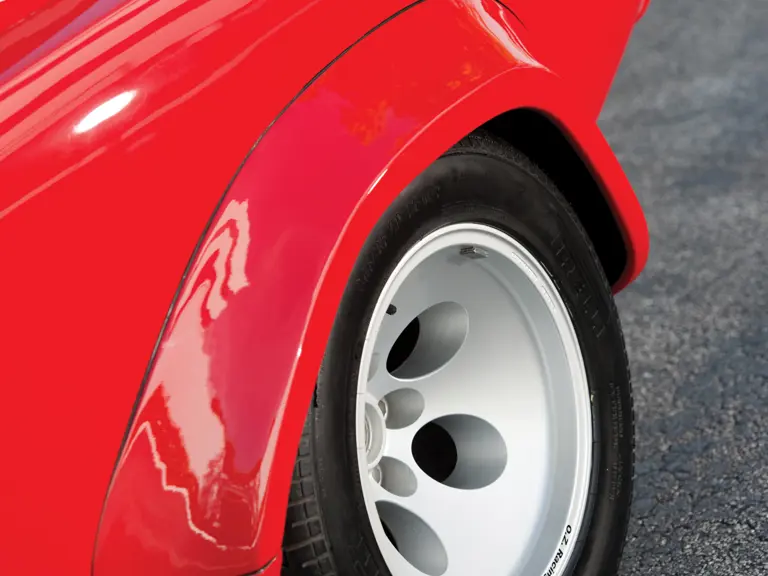
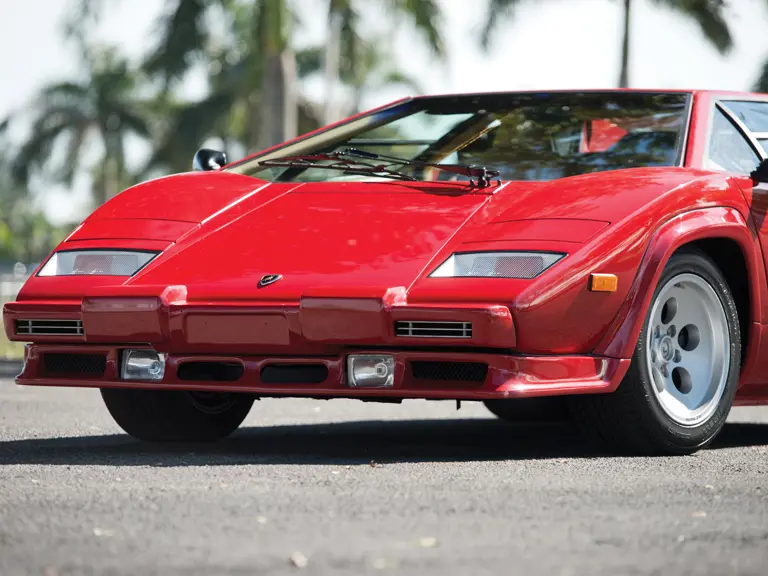
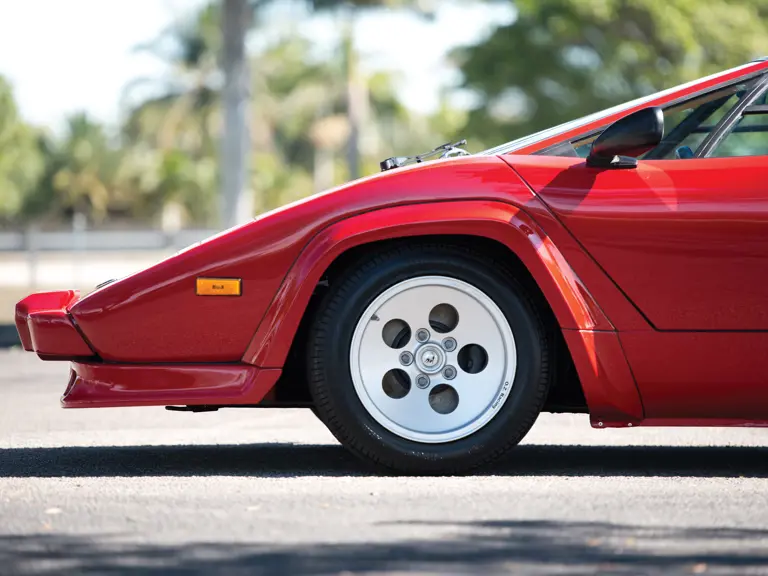
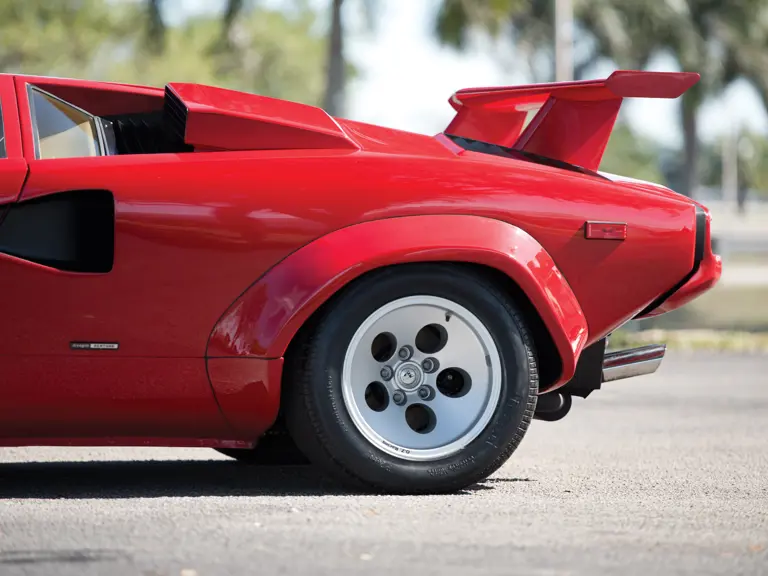
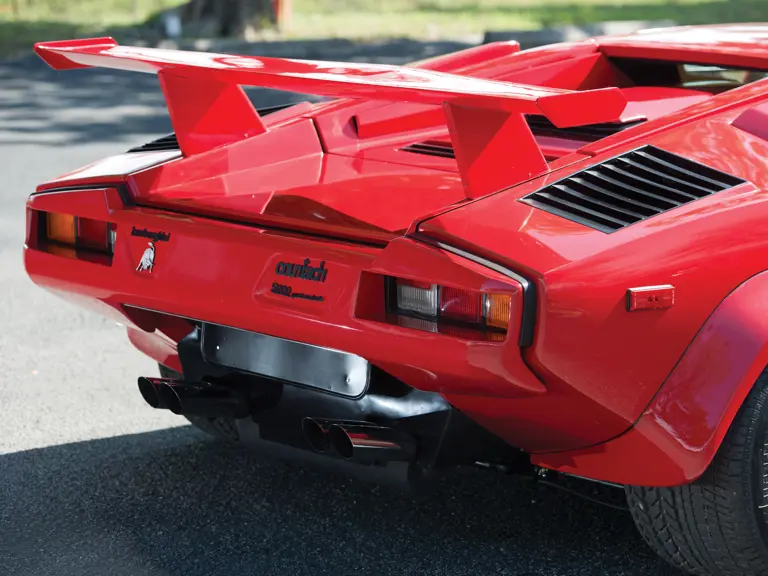
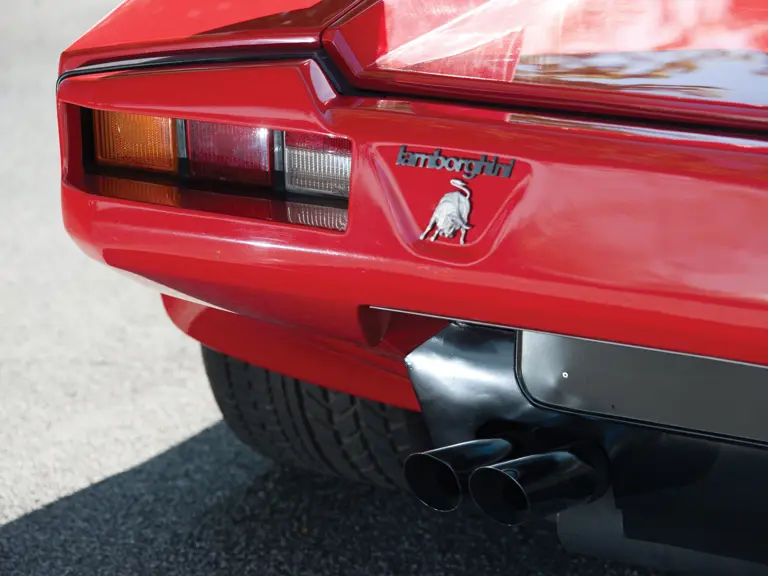
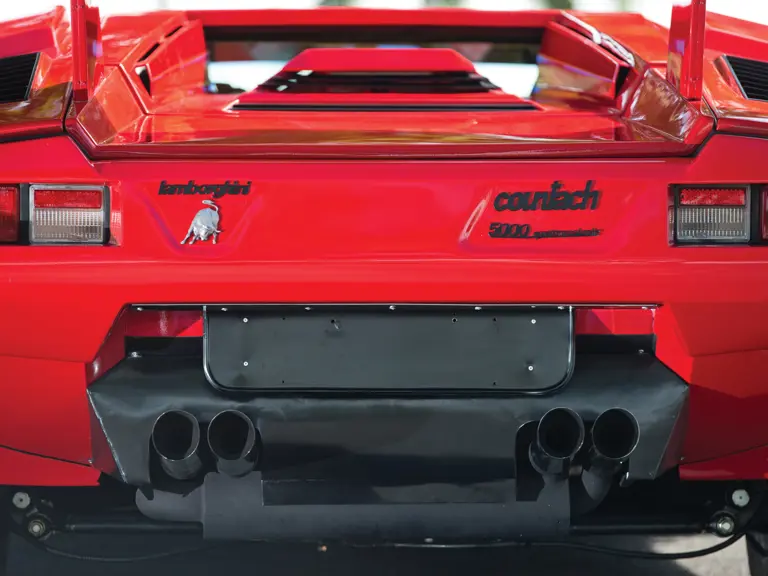
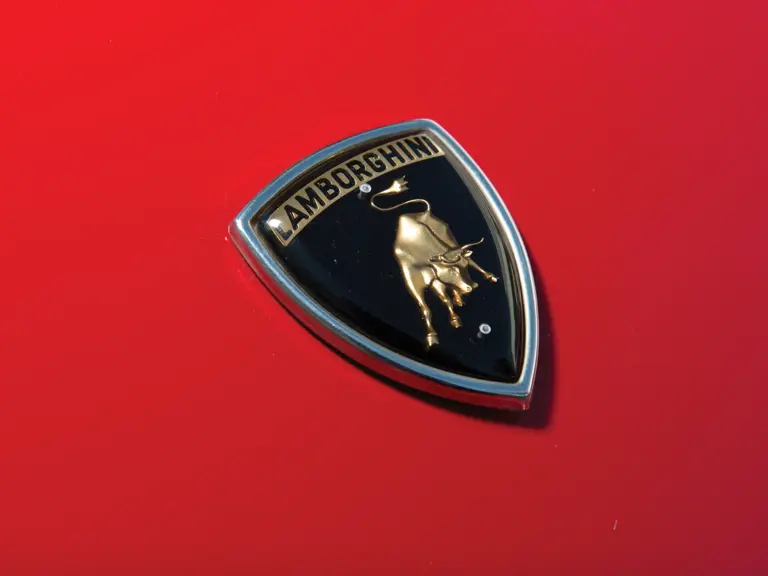
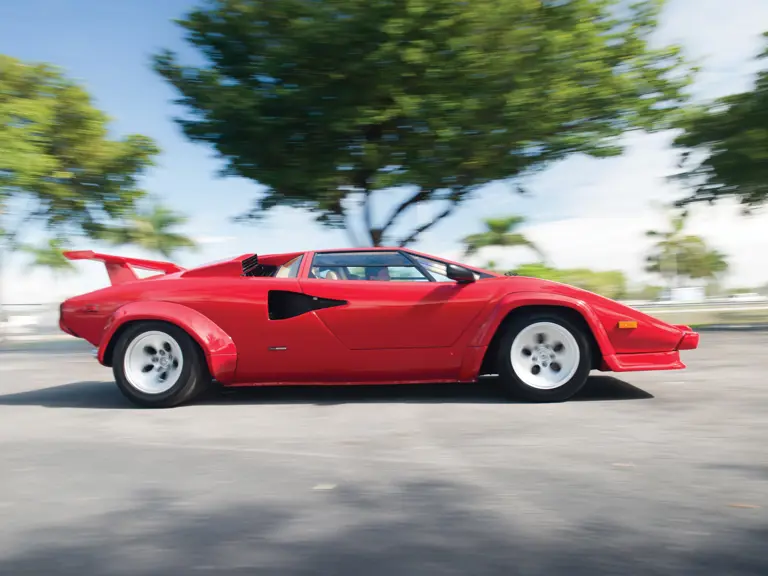
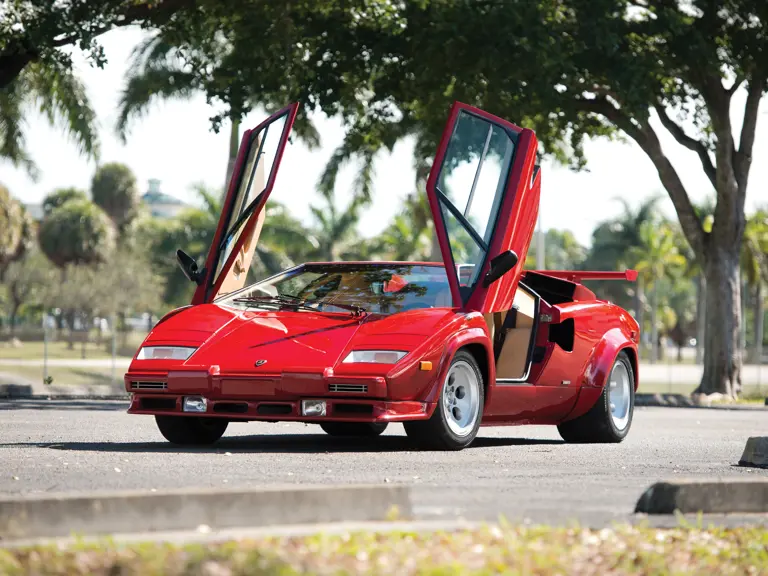
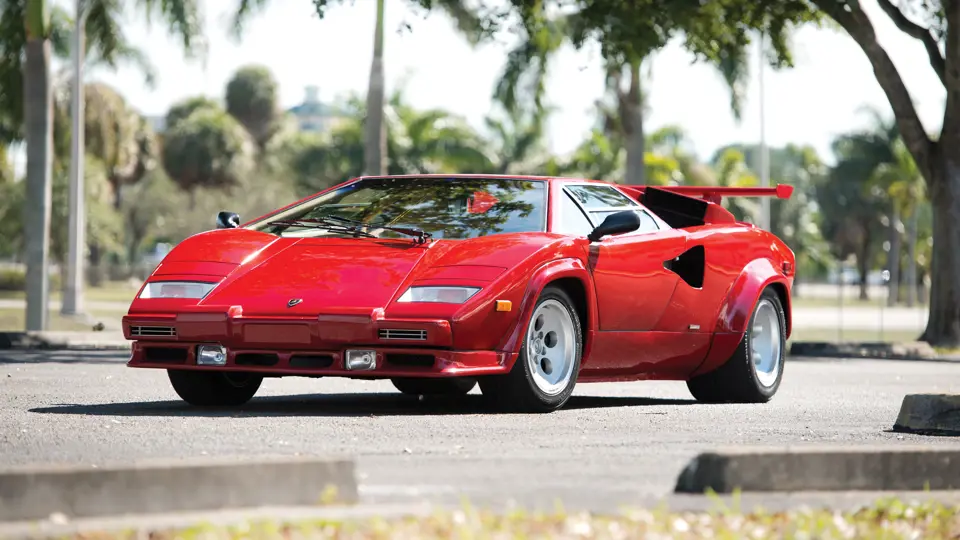
 | Amelia Island, Florida
| Amelia Island, Florida
